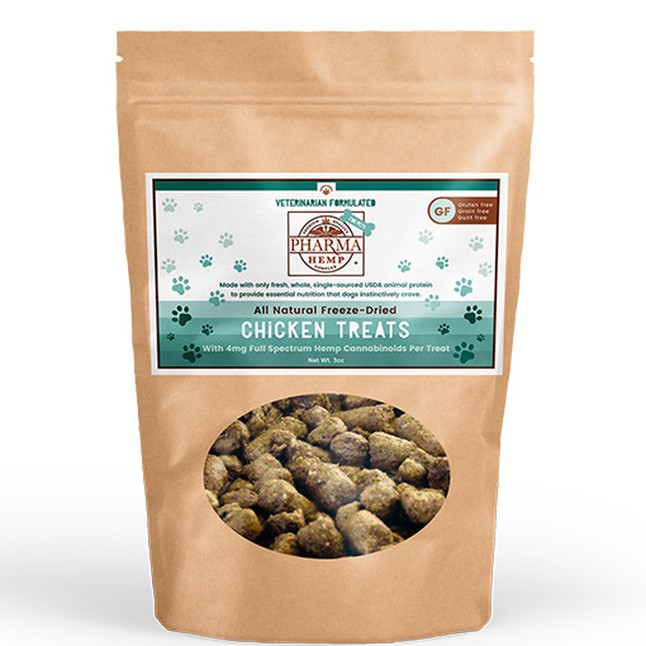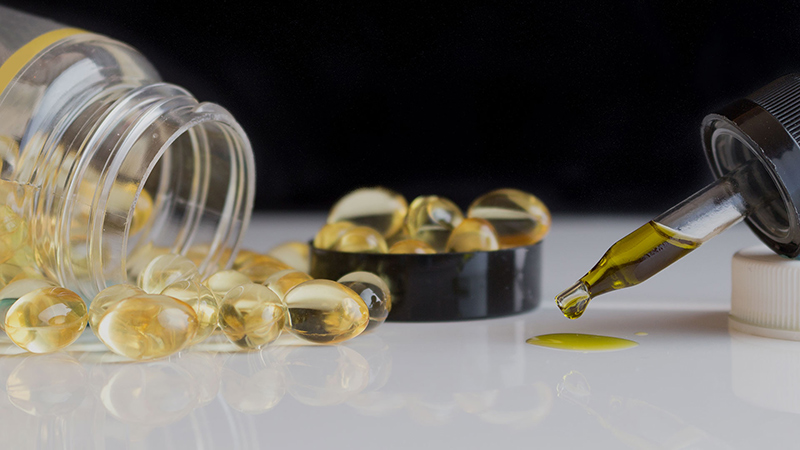
Rick Simpson is a pioneer in the field of cannabis activism. His work has helped many people all over the globe heal their minds and bodies with cannabis oil. He needs your support to continue his research and work on this healing medicine.
Rick Simpson oils contain some of the strongest and most effective medical marijuana extracts. These concentrates may be used for many health conditions and ailments including cancer.
RSO is a concentrated form of cannabis oil that was invented by Canadian medical activist, Rick Simpson. This formula was created by Rick Simpson, a Canadian medical activist who was diagnosed with skin carcinoma in 2003. He found that marijuana oil helped to relieve the symptoms.

Concentrated THC oil has been proven to treat a variety of conditions, including anxiety, chronic pain, depression, nausea, and weight loss. It reduces the effects of radiation and chemotherapy.
The oil is made up of a mixture from high purity alcohol and cannabis plants. The oil is then strained and heated until it can be used topically or orally.
Rick Simpson oil can also be purchased in dispensaries. Although it is more expensive than other cannabis products it can have positive effects on your health.
How to make RSO at home
Rick Simpson oil comes from the heating of high-purified alcohol mixed with cannabis plant matter. This creates a thick, sticky product. You can make it yourself by following the instructions Rick Simpson has provided.

Rick Simpson, a medical marijuana activist for many of years, is committed to helping others overcome chronic and debilitating issues with natural treatments. He is an inspiration to others in the industry and has shared his success story with thousands of patients. He continues to fight the stigma associated with marijuana and is trying to educate the public about the benefits of the drug. He has written 2 books and spoken hundreds of times about his experience with marijuana, and how it can help improve one's health.
FAQ
Are there any common mistakes companies make when entering the US cannabinoid marketplace?
Not understanding the regulations for cannabis products is a first mistake. This could cause you to have to modify the formulation of your product.
A second error is not properly labeling your product. You need to know if your product contains THC, CBD, or both.
The third thing you need to do is understand how to package your product properly. If your product does contain THC, then you must ensure that it is packaged in child-resistant containers.
You can still use all the packaging laws even if your product contains no THC. Many states have legalized cannabidiol (CBD).
Finally, you should always keep track of any recalls on your products. It is crucial to notify customers as soon possible if you have a problem with your product.
Which states consume the most CBD?
California, Colorado and Oregon are the top three states. These states have large populations and high incomes with low unemployment. These states also have higher amounts of hemp farms than other States.
California leads the pack because its economy heavily depends on agriculture. It produces the majority of the nation’s fruits and veggies. It makes sense, as cannabis is also derived from hemp.
Colorado and Oregon follow close behind because they both produce marijuana for medical purposes. California does not allow for recreational use.
Other states that rank highly includes Washington, New York, Florida, Illinois, Pennsylvania, Mississippi, and Texas.
Where can I buy CBD products?
CBD can be purchased online or in local shops. Online retailers are more likely to offer you better deals. Many websites sell CBD products made with industrial hemp. The THC content is less than 0.3%.
Local shops are a good option if you prefer to shop locally.
A lot of states have passed laws that allow consumers to purchase CBD products without the need for a prescription. CBD products might be available for purchase at your local pharmacies if you're a resident in one of these states.
CBD products might even be delivered directly at your doorstep.
Is CBD growing?
Yes. The answer is yes! Legalization will continue to spread across North America, and this growth will continue. This year alone, Canada legalized recreational cannabis use, while several states have passed medical marijuana laws.
This trend is expected to continue for at most another decade, as more states pass legislation that allows access to medical marijuana.
The legalization of marijuana also makes sense from an economic perspective. Legalizing pot can provide many benefits, not only for farmers but also for the general public.
It could, for example, help lower crime rates by decreasing the availability of illegal drug. It could also provide a source of tax revenue for governments.
As more people turn to legal weed, they may also choose to consume less alcohol. This would mean fewer hangovers and lower health care costs.
Patients with chronic pain might find that marijuana actually helps to improve their quality-of-life. Many believe that THC, which is the active ingredient of marijuana, can help relieve muscle spasms and nausea from chemotherapy.
It is possible that marijuana could be used to treat mental disorders such as anxiety or depression. Some studies even suggest that marijuana may be able to treat schizophrenia.
The CBD industry is on the rise, and there are many obstacles in its path.
How big does the global CBD market look?
The global CBD market was valued at $US 3.5 billion in 2015, according to Euromonitor International. This represents an increase of over 10% from 2014.
This report predicts that the figure will rise to $US6.4 trillion by 2020, which is an average annual growth rate at 12%.
CBD products are predicted to account for half of all the hemp-derived products globally by 2020.
This includes CBD oils as well as other CBD products, such food, beverages and cosmetics.
Is there any evidence that CBD helps with anxiety?
CBD oil works well to reduce anxiety. This is because it interacts directly with CB1 or CB2 brain receptors. The endocannabinoid (Endocannabinoid) system regulates mood, stress and responses.
Our bodies activate the CB1 receptor when we feel anxious. This receptor triggers the amygdala and is responsible to emotional processing.
When the CB1 receptor blockage occurs, the amygdala is unable to receive the signal necessary for processing emotions. CBD users report less negative feelings.
In 2017, a study showed that CBD can reduce anxiety in people with social phobia. Another study revealed that CBD helped reduce symptoms of PTSD.
A 2018 review concluded CBD's anxiolytic qualities could be helpful in treating generalized anxiety disorder.
Another study indicated that CBD might help reduce panic attacks.
Numerous studies have found that CBD can increase anxiety in mice.
According to the researchers, this discrepancy between animal and human data may be due in part to differences in CBD's effects on humans and animals.
There are no long-term safety studies available for CBD. Experts agree that CBD is safe when taken as directed.
How can companies successfully market CBD products in a regulation-compliant manner?
The FDA does NOT regulate hemp as an agriculture commodity. The Controlled Substances Act regulates all cannabis derivatives, including marijuana. CBD is not covered by any regulations.
CBD is legal in 29 states. Federal law, however, still considers it illegal. Businesses that want to sell CBD products face uncertainty.
The FDA has strict guidelines regarding how CBD products can be promoted. For example, they must clearly disclose any product's THC content. Without scientific evidence, companies cannot claim CBD treats certain medical conditions.
Additionally, the FDA requires manufacturers submit information about manufacturing practices and quality control. To demonstrate safety and efficacy, the FDA requires companies to perform clinical trials.
Companies should consider these factors when developing their own marketing strategies.
Statistics
- OralWhere HED is the human equivalent dose, and Km is a correction factor estimated by dividing the average body mass (BM) of the species (60, 0.020, and 0.150 kg for 11 humans, mice, and rats, respectively) and by its surface area (see: Nair et al. (ncbi.nlm.nih.gov)
- While the primary injury may not be treatable, interventions that attenuate secondary sequelae are likely to be of benefit [203].Only one study (ncbi.nlm.nih.gov)
- A recent study [161] also found that in vitro CBD treatment (i.e., ≤ 2 h exposure to 10 μM) induced ~40% vasorelaxation in isolated (pre-constricted) (ncbi.nlm.nih.gov)
- The use of these products is likely to become even more widespread if the World Health Organization's recommendation that CBD no longer is scheduled in the international drug control conventions is adopted by the United Nations member states [201]. (ncbi.nlm.nih.gov)
- A recent systematic review of human trials also reported that individuals with epilepsy receiving CBD (5–20 mg·kg−1·day−1) were more likely to experience decreased appetite than those receiving placebo (i.e., ~20 vs. 5% of patients) (ncbi.nlm.nih.gov)
External Links
How To
What are the main issues with the CBD industry.
The market for CBD products is expanding at an astounding rate. There are many hurdles businesses face when trying to enter the CBD market. These include a lack of consumer awareness, high cost of entry, limited access to capital, and regulatory uncertainty.
Many people don't know much about CBD or how it works. This means that consumers are unable make informed decisions about purchasing CBD products.
Most CBD companies rely heavily upon word-of mouth marketing. This can be costly as it involves advertising and staffing to promote the brand.
Another issue for new entrants is the high cost production. It is very expensive to obtain the raw materials required for CBD products. CBD oil can only then be produced if the hemp has been grown in a specific environment.
It takes approximately $1,000 per acre to grow enough hemp to process into CBD oil. As a result, many small farmers cannot afford to start.
A lack of capital access is another problem that CBD market newcomers face. Due to the stigma surrounding the industry, banks discourage many people who wish to start businesses.
Last but not least, there is regulatory uncertainty regarding the sale and distribution of CBD products. There are currently no clear guidelines regarding how CBD products should be marketed.
Although some states have passed legislation restricting CBD product sales, this has not become a national policy.
Only Nevada and Maine have so far legalized recreational marijuana.
Massachusetts and Michigan are however considering similar measures.
These changes could result in increased competition between CBD manufacturer.
Many entrepreneurs prefer to work at home over starting a business.